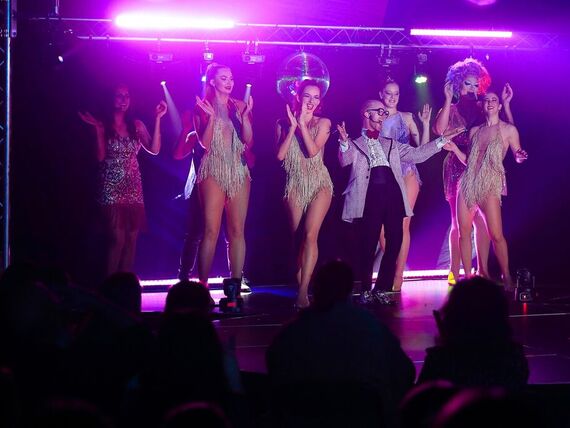Elite Executive column: Interview with an engineer

By Stephen Crowe from Elite Executive
Do you ever look back and reflect on why you do what you do? As a recruiter, I always like to ask candidates why they got into the profession they are in now. I find it provides a good insight into someone’s personality. I studied engineering at university after I left school because I was good at maths and physics. My family are all engineers and that was what was expected of me. But I soon realised that I was more interested in people and business and my career subsequently went in a different direction.
One thing I really enjoy is discovering how other people think and what motivates them. As a recruiter, it is very important to listen to other peoples' perspectives as it gives me a broader understanding of the industries I work with.
Quite often I have this kind of discussion with the people I meet -both candidates and clients. I thought it might be useful for others as well, so I wanted to share some interesting points from a discussion I had recently with Vahid Bhaskaran, an Associate Transport Engineer I placed with a client of ours:
Why did you become an engineer?
I loved maths and physics in school and since my dad was a civil engineer, I used to follow him to work sites and developed an appreciation for what engineering was from a young age.
What do you get out of engineering that you couldn't get in any other kind of work?
The combination of problem solving and interacting with the community and stakeholders and seeing their appreciation when the engineer has achieved a good outcome.
What personality characteristics are necessary to be a successful engineer?
To be a good engineer one needs to be analytical and logical and also a good problem solver to deliver consistently practical, cost-effective solutions.
What are the biggest challenges facing engineers these days?
There is a real shortage of highly skilled engineers. There are several reasons for this. Firstly, there is a shortage in Australia to meet current demands and secondly, limitations in terms of getting more migrant skilled engineers. In addition, when one looks at the risks that the engineers face and the remuneration it generally doesn't equate. This discourages school leavers entering into engineering courses. I think Engineers Australia has a great responsibility in promoting the engineering profession in this country.
How has the industry changed since you started?
Technology has played a big part. In 1993, when I started, there was limited software to do design work. Most calculations were done manually and we used first principles thinking. Nowadays, there is so much in terms of software and technology that assists the engineer to perform their work.
What changes do you see happening in engineering in the next 5 years?
Drones will continue to play a big part, and also Artificial Intelligence (AI). I also expect to see a lot more women entering this profession, which can only be a good thing.
What needs to happen to overcome this current skills shortage in engineering?
More opportunities for promotion, creating awareness from industry bodies such as Engineers Australia and BPEQ to promote engineering in schools and universities and also better migration policies around skilled migrant intake, especially engineers.
Every person is different as is every industry and I am always interested to hear from anyone who would like to share their perspective. How would you answer these questions? Do you take time out to consider questions like these? I think people should do this more often - it gives us an appreciation for how far we’ve come, but also helps highlight specific areas to develop and discuss.
Thank you to Vahid for sharing his insight and perspective.
MORE: Click here to speak with Eva and the team at Elite Executive







